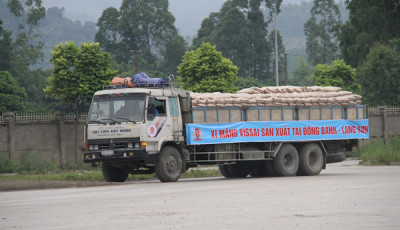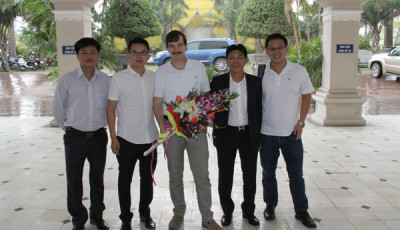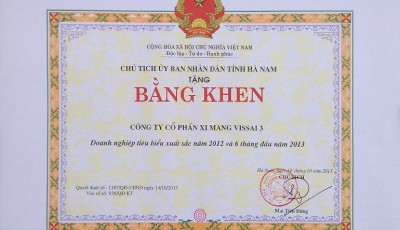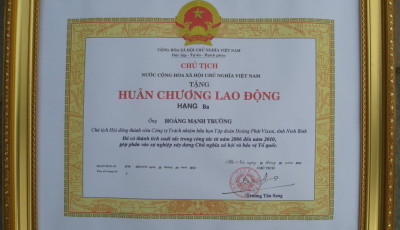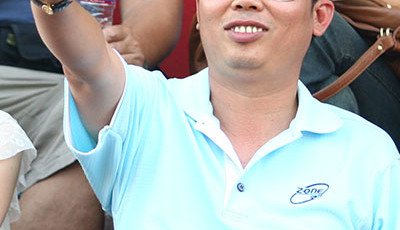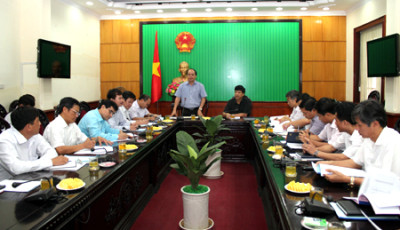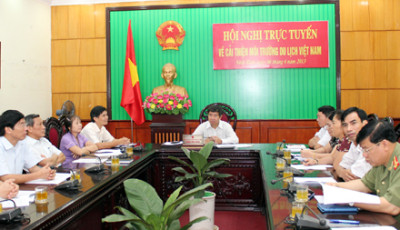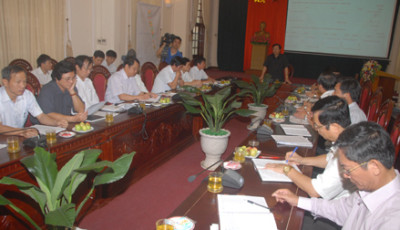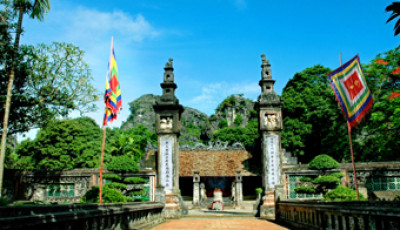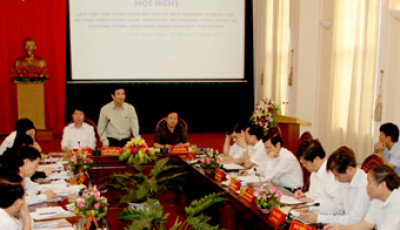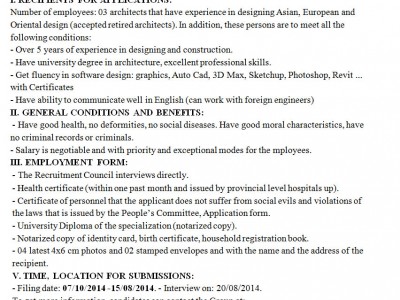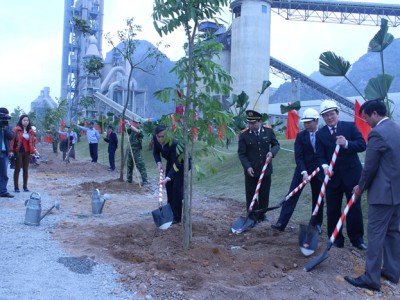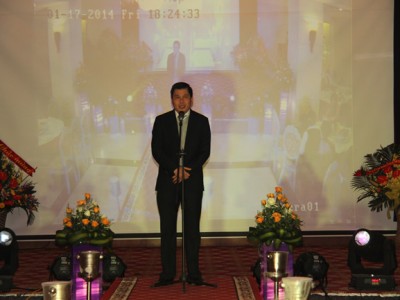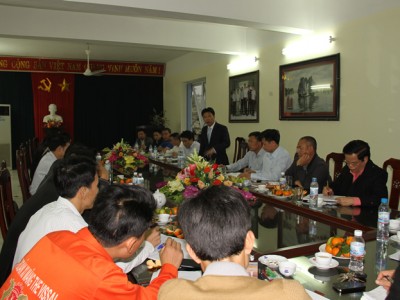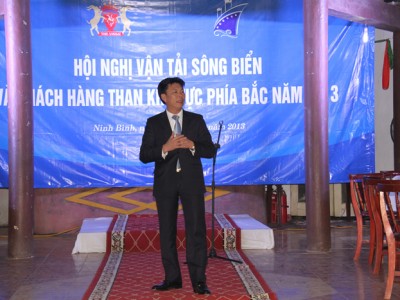PM: diplomats need to assist exports
Prime Minister Nguyen Tan Dung has urged the diplomatic sector to work harder to expand the market for the country’s exports.
 |
| Factory workers make instant noodles in Ho Chi Minh City. Prime Minister Nguyen Tan Dung has underscored that it was crucial to exploit traditional markets to boost exports of the country’s key products. |
Addressing a joint session of the 28th Diplomatic Conference and the 2013 Trade Counsellors Meeting in Hanoi yesterday, Dung said this was a key task in the nation’s international integration and external economics work, which was very important to the country’s economic growth and job generation.
He underscored that it was crucial to exploit traditional markets to boost exports of the country’s key products, including rice, coffee, pepper, seafood, apparel and footwear, while making full use of existing free trade agreements and bilateral economic deals to bring Vietnamese goods to new markets.
In addition, Dung suggested that Vietnamese diplomats should focus on seeking out more foreign direct investment, as well as ODA, to the country for building infrastructure, reducing poverty and climate change impacts.
He also noted that the diplomatic sector should pay more attention to people-to-people connecting activities, cultural cooperation, education and training, and science and technology development.
The sector should also exert more efforts to improve work related to Vietnamese living abroad, especially observing their legitimate rights and supporting them in their being integrated into host societies, he added.
The PM emphasised that international integration and external economic work should closely follow the guidelines of the Party and State on external relations, with the aim of strengthening peace and friendship to benefit the country, region and the world.
He said international integration and external economic work should contribute to creating favourable conditions and seizing all opportunities for national development, maintaining socio-economic stability and protecting national independence and sovereignty.
Further, Dung praised the diplomatic sector for its many achievements over the past three years, saying they positively contributed to the common success of the country.
According to Deputy PM and Foreign Minister Pham Binh Minh, during this difficult economic situation felt by the country and the world, many measures had been enacted to improve the efficiency of external economic activities.
Apart from key and traditional markets, external economic efforts had helped clear the way to promising markets such as Latin America, the Middle East and North Africa, contributing to promoting and attracting investment and creating jobs, Minh said.
Deep and broad international integration had also helped raise the country’s position and extend its development space, he said.
The Deputy PM held that the country’s economy has basically recovered and is growing. Trade turnover with major partners has increased over the past years, while trade deficits have been reduced and foreign direct investment has again increased since 2012.
ODA commitments by donors have also been maintained at a high figure. Meanwhile, foreign visitors have continued to surge, estimated to reach 7.3 million by the end of 2013. In the first 11 months of this year, Vietnam also sent 78,000 workers abroad, he noted.
In the last two years, 14 more countries recognised Vietnam’s market economy regulations. Efforts have also been made to fight protectionism and discrimination in export markets to protect the legitimate rights of Vietnamese businesses, he added.
The joint meeting is the second of its kind to be organised by the Foreign Ministry and the Ministry of Industry and Trade.
The event has significant meaning as the country is exerting efforts to realise the targets laid out in the 2011-20 socio-economic plan and strive to implement its strategy of combining macroeconomic stabilisation, economic restructuring and growth model reforms.
During the meeting, participants also listened to reports by the Ministries of Planning and Investment, Agriculture and Rural Development, and Labour, War Invalids and Social Affairs, reviewing the national socio-economic development for the 2011-15 period.




